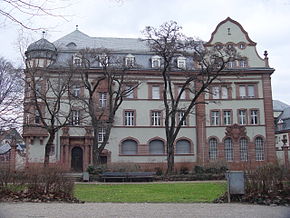
A ruling by the German Federal Court of Justice (Bgh) in Karlsruhe, corresponding to the Italian Court of Cassation, affirmed the legitimacy of National Service doctors to receive gifts from pharmaceutical companies without risking corruption charges. Specifically, the sentence was promulgated in the case of a doctor who had received 10,000 euros from a company to carry out a series of seminars (never held) in exchange for prescriptions for a particular drug. The motivation of the sentence concerns the fact that, according to the Bgh, doctors must be considered freelance professionals and freelance workers and not public officials. Cases of this kind, therefore, cannot fall under the law, but must instead be assessed by the code of conduct of the German Medical Association. The sentence has aroused heated and conflicting reactions. For Gkv, the main German health insurance company, the effect of this sentence will fall on the patient who "will no longer know if a prescription was made because it was necessary or driven by a marketing strategy" and will therefore undermine trust in of doctors' independence from commercial influences. On the other hand, not only the pharmaceutical companies, but also the Doctors' Association have the opposite opinion, which, while condemning this practice in principle, shares a sentence which "preserves the independence of doctors", recalling that "the existing rules are more than! enough to discourage this practice. Great clamor also on the political level. In this regard, after the summer, the SPD, the German social democratic party, will present a bill to amend the rules on corruption.
July 5, 2012 – DoctorNews



